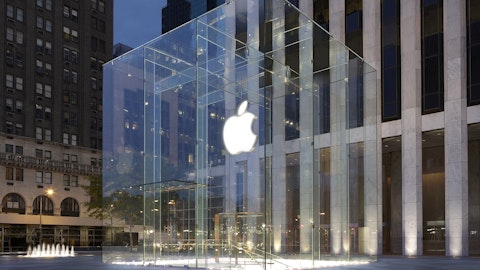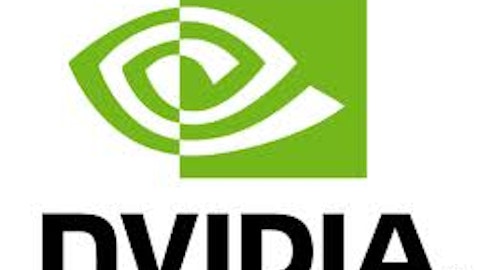Lately, there has been a noticeable decrease in large, headline-making mergers. At the same time, the big companies are swallowing the smaller companies at an incredible rate. In the Tech Sector alone last year, 2,357 private companies were absorbed by bigger companies. These Tech Sector acquisitions totaled $112 billion, up 22% from 2011. Is this becoming a trend? If it is, why? And what does it mean for investors?
Why acquire?
There are two major reasons that a company makes an acquisition. The first reason is to help grow its own business, such as The Walt Disney Company (NYSE:DIS)’s acquisitions of Marvel and LucasFilms in 2009 and 2012, respectively. As Disney gets older, so do its characters. The company needed fresh characters to appeal to a new and changing generation, so instead of creating their own characters, which could have taken years, they purchased outright the companies that owned the names like Spiderman, Captain America, Hulk, Star Wars, and Indiana Jones.

The second reason that companies might acquire each other is to protect themselves from competition. In 2011, Google Inc (NASDAQ:GOOG) announced that it would purchase Motorola Mobility for $12.5 billion. This was seen as a defensive move by most analysts, and was confirmed in a blog post by Google CEO Larry Page, who said that it would “enable us to better protect Android from anti-competitive threats from Microsoft, Apple Inc. (NASDAQ:AAPL) and other companies.” This was in reference to acquiring the assortment of patents in Motorola’s arsenal. Shortly before the Motorola acquisition, Google similarly attempted to acquire Nortel’s patent portfolio when it went bankrupt. Of course it did not succeed, but the company did post its reasoning for going after so many patents in another blog post.
These two examples that are given are a necessary kind of defensive positioning that will protect a company from litigation as described by this excerpt from Google’s above mentioned blog post speaking of Nortel’s patent portfolio: “If successful, we hope this portfolio will not only create a disincentive for others to sue Google, but also help us, our partners and the open source community”…”continue to innovate.”
There is another, darker kind of defensive acquisition. The kind of acquisitions in this category are those like Facebook Inc (NASDAQ:FB)‘s acquisition of Instagram for $1 billion. Instagram was a mobile picture uploading service that was gaining users by the millions and had a much more friendly mobile interface than Facebook Inc (NASDAQ:FB) itself did. Facebook was clearly defending itself from something it saw as a competitor, or as something other competitors might try to purchase.
Now to the important part: What does this mean for investors?
As investors, we are concerned with a company’s ability to grow. If a company is not growing, it will eventually be unable to increase its dividends, and its stock price will not rise. In order to grow, a company needs to do one of two things. It either needs to innovate to keep and expand its customer base, or it needs to acquire smaller companies that add to its customer base or make it more profitable in general. Because of the low rate environment we are in right now, companies with large amounts of cash aren’t gaining much interest on their money. Because of this, the opportunity cost of spending this cash to acquire other companies is a lot lower than it was in the past, causing it to become more of a trend.





